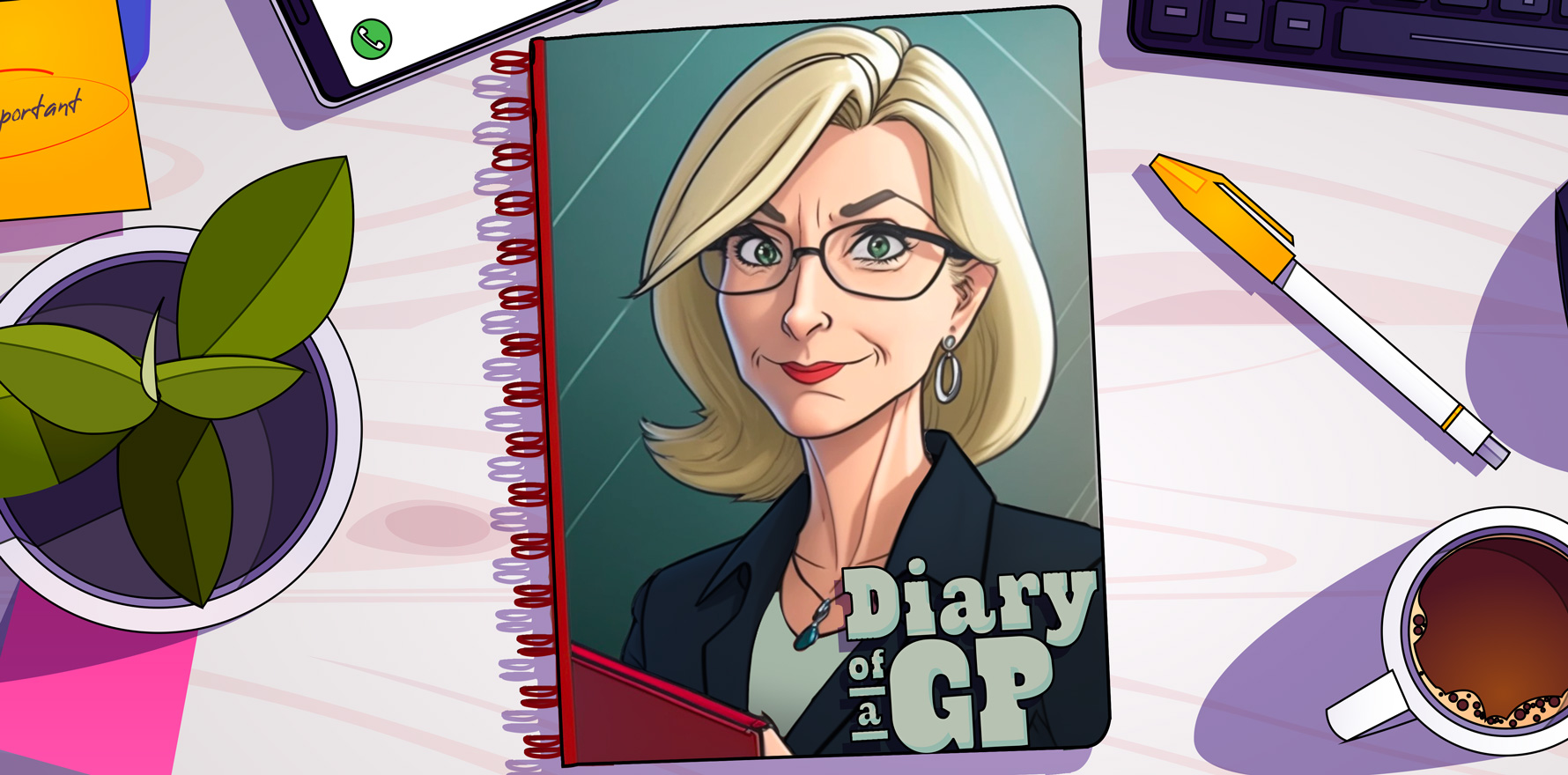Home care packages for older Australians work brilliantly, until they don’t.
When I think of the Bette Davis quote “Old age ain’t no place for sissies”, I wonder whether she spent some time in general practice.
Take last week for instance.
Like many of you, I’m sure, I have a number of very old patients who happily live at home, thanks to a combination of hired carers and at least one dedicated family member. All of these patients insist they are doing well and the only way they will be leaving their home is in a box.
This is great. This is just what the home care packages have been designed to do: let older Australians stay in their home and live independently as long as they choose. It works brilliantly … until it doesn’t.
The trouble is that elderly, frail people rarely get physically stronger and definitely don’t get younger. They get older and frailer – and yet the support services they are said to need are always based on an assessment done at some point in the past.
In my experience, these elderly “independent” patients need more care services than they actually get. It is often a very fine balancing act that is required to categorise an elderly patient as “managing at home alone”.
Just this week I’ve had three such patients whose finely balanced house of cards has collapsed in spectacular fashion.
Anne is 95, lives alone in a flat (up a flight of stairs) and has one child who is wonderful but lives more than an hour away and works full time. The carer comes daily but only for an hour or so. Can’t travel beyond the confines of her unit without a lot of help. Anne’s dementia quite suddenly got worse (maybe a UTI but tricky to check) and she got a taxi driver to take her to the bank, where she withdrew $900 and then promptly lost it! She’s blamed the taxi driver, cleaner and carer and feels vulnerable. Now she doesn’t want to let anybody into the flat and is distressed.
Then there’s Meg, who is only 84 but has terrible COPD. Children are devoted but don’t live close by. Has cleaners, food delivered and carers … and a dog (she couldn’t understand why dog grooming wasn’t part of the package). Meg got a bit of a cough, became delirious and accidentally overdosed after mixing up her Webster pack; she spent the weekend in bed, we think unconscious for some of it. She doesn’t get any services on the weekend so this was only discovered Monday. Not pretty.
And finally there’s Pat. She’s almost 90 with Parkinson’s and early dementia and has had more fractures than Humpty Dumpty, courtesy of her frequent falls. She always “means to be careful” but keeps forgetting to take the walker and just can’t leave that odd weed in the garden until the gardener comes. The meals on wheels, cleaner and other services help, but can’t stop her spending a couple of hours on the floor during the night having fallen on her way to the loo. Another fractured rib and a lot of pain.
It’s just so sad. All these lovely women really need 24-hour care but they are so resistant to going to one of “those places”. We – all their carers and particularly their relatives – live in this constant state of expectancy just waiting for the next disaster.
These brilliant home-care services enable them to “cope” but in cases such as these it is hard to really appreciate the benefit in terms of quality of life. And I’m not even touching on the impact the situation has on the devoted son or daughter who usually jumps every time the phone rings and who never plans more than a week away.
I sound like I want all old people rounded up and stuck in care. Of course not. In fact – I don’t know what the answer is here. I am convinced that if I forced Anne, Meg or Pat into care (if I could) it would kill them.
So as the GP, it is a case of the devil or the deep blue sea: push for the dreaded move to aged care residency or continue to patch the fragile house of cards.
Maybe it’s a generational thing. All of these women have lived longer than any of their parents lived, so they have no role models for this stage of life. Maybe by the time our generation reach that rung on the ladder we will have made provision for our frailty and vulnerability and be more aware (and realistic) about just how much care is really needed.
Who knows?
For now I seem destined to continue to have long conversations with the long-suffering, caring relatives and trying to offer what I can in terms of empathy and support. Not sure I can do much else, really.


